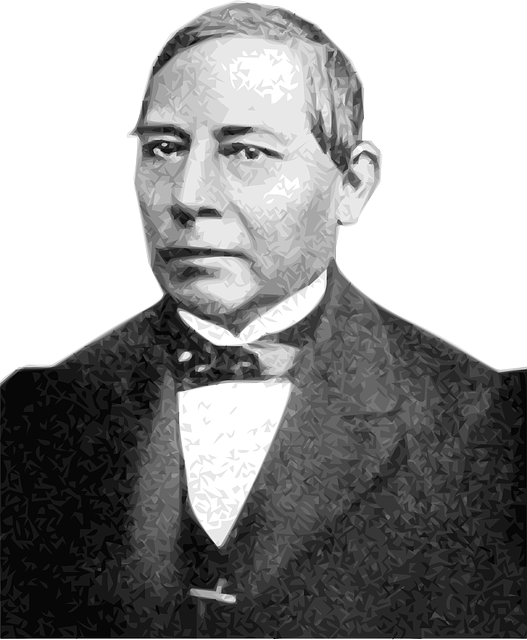High-risk reoffenders with a history of DUI pose a significant threat to public safety, often lacking support and understanding local legal procedures, which fuels the cycle of reoffending. To disrupt this cycle, a specialized DUI Defense for Tourists strategy is crucial. This includes counseling, education, community support, and strict monitoring to address root causes, improve reintegration, and prevent future DUI incidents among tourists.
In the complex landscape of criminal justice, understanding high-risk reoffenders and their cycles of behavior is crucial. This article delves into the specific challenges faced by tourists entangled in DUI (Driving Under the Influence) cases, a intricate aspect of DUI defense. We explore the DUI cycle and its perpetuation among at-risk individuals. Furthermore, we propose comprehensive strategies to break this cycle, focusing on rehabilitation methods that can disrupt the path towards reoffending, offering hope for positive change and safer communities.
Keywords: DUI Defense for Tourists
- Understanding High-Risk Reoffenders and the DUI Cycle
- Challenges Faced by Tourists in DUI Defense
- Strategies to Break the Cycle: A Comprehensive Approach for Reoffender Rehabilitation
Understanding High-Risk Reoffenders and the DUI Cycle

High-risk reoffenders are individuals who pose a significant threat to public safety due to their previous criminal records, often involving violent crimes or repeated offenses. In the context of DUI (Driving Under the Influence), this group includes tourists and locals alike who have previously been convicted of driving while impaired and may be at higher risk of reoffending. Understanding these high-risk individuals and their unique challenges is crucial in breaking the cycle of DUI-related offenses.
The DUI cycle refers to a recurring pattern where an individual drives under the influence, faces legal consequences, completes their sentence or program, and then eventually reoffends. This cycle can be particularly concerning for tourists as they may lack local support systems and face different legal procedures compared to residents. A well-informed DUI defense strategy for tourists is essential in disrupting this cycle. By recognizing the triggers, understanding the legal options available, and providing appropriate counseling and support, it’s possible to help high-risk reoffenders make better choices and avoid future DUI incidents.
Challenges Faced by Tourists in DUI Defense

Tourists facing DUI charges encounter unique and substantial challenges in their defense. One significant hurdle is the lack of familiarity with local laws and court procedures, which can lead to misunderstandings and mistakes that may negatively impact their case. Furthermore, language barriers pose an additional obstacle, hindering effective communication with legal representatives and witnesses, crucial elements in building a solid defense strategy.
The complexity of DUI cases further complicates matters for tourists. These cases often involve intricate scientific evidence and legal precedents, requiring a deep understanding of both the local legal system and specific DUI laws. The pressure to navigate these complexities while also adjusting to a new environment can be overwhelming, potentially leading to suboptimal decisions that could affect their future.
Strategies to Break the Cycle: A Comprehensive Approach for Reoffender Rehabilitation

Breaking the cycle of reoffending requires a comprehensive and tailored approach, focusing on addressing the root causes that drive individuals back into criminal behavior. For high-risk offenders, especially those with DUI (Driving Under the Influence) convictions targeting tourists, rehabilitation strategies must be robust and multifaceted.
One key strategy is intensive counseling and therapy sessions designed to help individuals process underlying issues such as substance abuse, mental health problems, or trauma. Additionally, educational programs that equip them with employable skills can provide a sense of purpose and reduce the likelihood of returning to crime. Community-based support systems, including mentorship programs, can also play a crucial role in guiding former offenders back into society and fostering positive social integration. Furthermore, implementing strict monitoring and aftercare programs ensures ongoing support and accountability, which are vital for successful long-term rehabilitation. By combining these approaches, it becomes possible to break the cycle of reoffending and help high-risk individuals turn their lives around.
High-risk reoffenders can break the cycle of DUI offenses through comprehensive rehabilitation strategies. By addressing underlying issues, providing effective support, and offering tailored solutions, we can significantly reduce recidivism rates. Implementing these strategies, including enhancing access to legal aid for tourists facing DUI charges, is crucial in breaking the DUI cycle and ensuring safer communities. Moreover, focusing on education, treatment, and accountability can lead to positive outcomes for both individuals and society at large, especially when tailored to the unique challenges faced by high-risk offenders and those new to the area, like tourists. Remember that a holistic approach to DUI defense for tourists is key to disrupting this destructive pattern.






